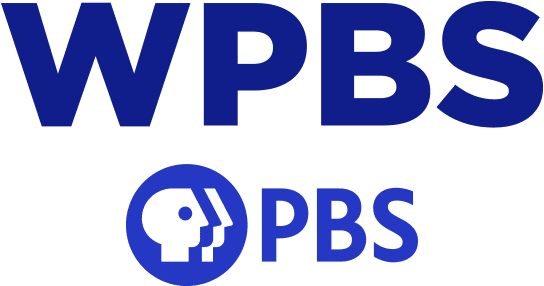Check out Say It Loud from PBS Digital Studios
https://www.youtube.com/channel/UCk85otLk-ASsqPu0aXFGjzA
Plastic bottles are EVERYWHERE and are a big source of pollution. But banning them might create another problem for the environment. Here’s why.
TEACHERS: Get your students in the discussion on KQED Learn, a safe place for middle and high school students to investigate controversial topics and share their voices.
ABOVE THE NOISE is a show that cuts through the hype and investigates the research behind controversial and trending topics in the news. Hosted by Myles Bess.
*NEW VIDEOS EVERY OTHER WEDNESDAY*
SUBSCRIBE by clicking the RED BUTTON above.
Follow us on Instagram @kqedabovethenoise
**How did plastic bottles become such a problem**
Early forms of plastic have existed since the mid-1800s. But when WWII came along, scientists diverted all their plastic technology to help with the war effort. So after the war, all this plastic needed to go somewhere, so why not the American consumer? What we got was a plastic explosion, and it’s never really stopped. That’s why today, it’s estimated that humans have created over 8 BILLION tons of plastic, most of which still exist. See, plastic doesn’t ever really break down completely or biodegrade — it just breaks apart into smaller and smaller pieces over time. These tiny bits of plastic make their way into oceans, creating a plastic soup of pollution that can get into the bellies of all kinds of marine animals like fish, pelicans, and turtles. Some research studies predict that by 2050, pound for pound, plastics in the oceans will outweigh all the fish.
**What are the pros and cons around banning plastic bottles?**
About 70% of plastic water bottles bought in the U.S. are not recycled, and so end up in the oceans. On top of that, plastic bottles are made from fossil fuels. In fact, the Pacific Institute found that it took about 17 million barrels of oil to produce enough plastic for the bottles of water consumed by Americans in 2006. And since then, consumption has increased by 65%, meaning Americans need over 28 million barrels of oil to fuel their plastic water bottle needs for one year.
But banning plastic bottles altogether can have unintended consequences. After the University of Vermont instituted their ban on selling single-use plastic water bottles on campus, total shipments of all plastic bottles actually INCREASED 20 percent as people bought OTHER plastic bottle beverages like soda and juice instead. And switching to alternatives like glass or metal containers can require more energy to transport because they weigh more. That means burning more fossil fuels and creating more pollution.
SOURCES:
Fast Facts About Plastic Pollution (National Geographic)
https://www.nationalgeographic.com/news/2018/05/plastics-facts-infographics-ocean-pollution/
What’s the real price of getting rid of plastic packaging? (BBC)
https://www.bbc.com/worklife/article/20180705-whats-the-real-price-of-getting-rid-of-plastic-packaging
A million bottles a minute (The Guardian)
https://www.theguardian.com/environment/2017/jun/28/a-million-a-minute-worlds-plastic-bottle-binge-as-dangerous-as-climate-change
2017 United States National Postconsumer Plastic Bottle Recycling Report
https://plastics.americanchemistry.com/Reports-and-Publications/National-Post-Consumer-Plastics-Bottle-Recycling-Report.pdf
The environmental impact of corn-based plastic (Scientific American)
https://www.scientificamerican.com/article/environmental-impact-of-corn-based-plastics/
Key moments in lead in water crisis in Flint, Michigan (US News)
https://www.usnews.com/news/best-states/michigan/articles/2018-08-20/key-moments-in-lead-in-water-crisis-in-flint-michigan
State Plastic and Paper Bag Legislation
http://www.ncsl.org/research/environment-and-natural-resources/plastic-bag-legislation.aspx
FOR EDUCATORS
KQED Learn https://learn.kqed.org
KQED Teach https://teach.kqed.org
KQED Education https://ww2.kqed.org/education
https://www.facebook.com/KQEDEducation
Tweets by KQEDedspace
https://www.instagram.com/kqededucation
About KQED
KQED, an NPR and PBS affiliate in San Francisco, CA, serves Northern California and beyond with a public-supported alternative to commercial TV, Radio, and web media. Funding for Above the Noise is provided in part by the Corporation for Public Broadcasting, Silver Giving Foundation, Stuart Foundation, and William and Flora Hewlett Foundation.

